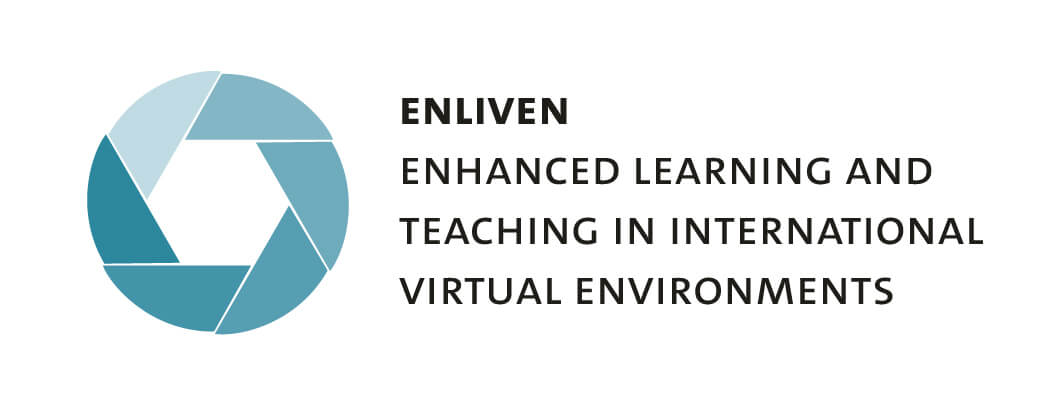
![]() Project duration 01.03.2021-28.02.2023
Project duration 01.03.2021-28.02.2023
Erasmus+ ENLIVEN -The project aimed to develop foundations for an innovative international digital learning environment.
Nowadays, there is a pressing need to combine traditional – in presence – education with other forms of teaching and learning with the objective of supporting the modernization of education. In particular, online education presents limitations and opportunities that can be recognised, mitigated, built upon, and used to take advantage of their positive aspects in view of present and future needs.
The ENLIVEN Erasmus project focused on extending learning and teaching to international virtual learning environments. The consortium consisted of researchers from the Universities of Saltzburg, Lisbon, Novi Sad, Pisa, Hamburg ja Tallinn.
Tallinn University, being one of the six consortium universities across Europe, committed to improve and enrich existing distance learning practices.
Building on the experiences of e-learning during the first phase of COVID pandemic, the project’s mission was to create new stimulating experiences for all the actors involved, incrementing the levels of participation and inclusion in virtual classrooms, thus making virtual mobility closer to physical mobility. By creating an enhanced virtual international learning environment, we deepened the collaboration with European partners.
The objective of INTELLECTUAL OUTPUT 1 is to enhance the digital competences and skills of all university community components and to easily access and exploit the potentiality of the platforms and tools used in digital learning.
To achieve this objectives, multiple activities are planned in order to develop, pilot, test, implement and perfect learning-teaching materials and formulate guidelines for short flexible and progressive learning.
The activities involve developing a set of course modules and fully implementing them across the partner universities.
As part of this, a Survival Kit has been developed to provide support for the use of basic digital methods and tools to meet the needs of today's learning and teaching.
It consists of a set of micromodules containing videos, tutorials and best practices for users who need a quick introduction to some of the most common learning and teaching tools and methods. Thanks to the survival kit, you should be able to solve some of the most common problems with presence and distance learning platforms.
INTELLECTUAL OUTPUT 2
The partner universities will develop two e-courses, one for lecturers and one for students, in order to empower e-teaching and e-learning. The aim of Intellectual Output 2 is to develop, pilot, test, implement and formulate guidelines for improved learning, teaching, and assessment approaches suitable for the digital environment, engaging and serving both teachers and learners.
Thanks to these results, teachers will learn how to create and manage an inclusive classroom or seminar while learners will learn how to interact effectively in a virtual environment. By making the learning process more flexible, and classes more inclusive, the diversity within the classroom can be increased. Once fully implemented, the e-courses will be fully certifiable among the partner universities with credits awarded for the achieved learning outcomes. Finally, the courses will be publicly available so everyone can use them.
The process leading to the development of the two e-courses will include the following activities: partners will be sharing approaches and practices by contributing the materials, evaluations and insights already developed in the emergency situation; through a method of co-creation, the structure of the sets of e-modules will be developed and fine-tuned; the picture of the existing experiences and practices will be supplemented with desk research on solutions from outside the partnership; a video and a series of podcasts and videos will be developed, where the partners can share their universities’ practices and the relevant findings of the research; as a result of these activities, two progressive sets of e-modules (one for learners, one for teachers) will be created and tested, initially by each involved partner university, then trialed in beta by all partners, who are called to refine, monitor, evaluate, give feedback in view of making the modules available outside the partnership as well (dissemination).
![]() Tallinn University project team:
Tallinn University project team:
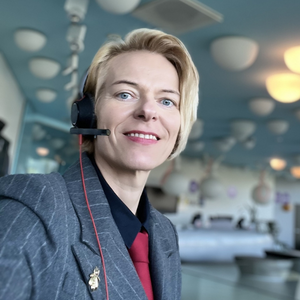
Janika Leoste
Associate Professor
janika.leoste@tlu.ee
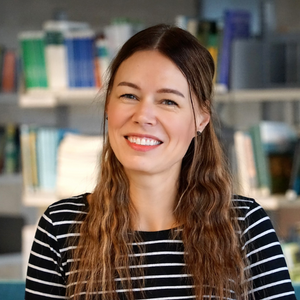
Sirly Väät
Projects Coordinator, Eduspace lab Coordinator
Enliven project EE team coordinator
sirly.vaat@tlu.ee

Maire Tuul
Associate Professor of Early Childhood Education

Mart Laanpere
Professor of Mathematics and Computing Education
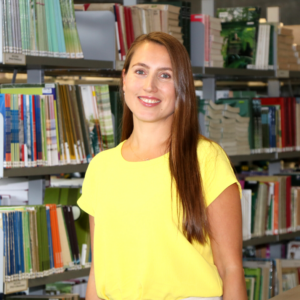
Marika Kutškova
Programme Coordinator
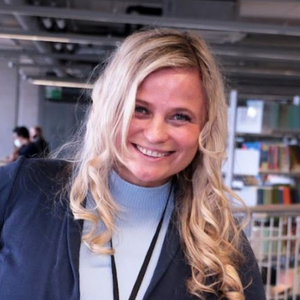
Egle Hollman
Research Assistant

